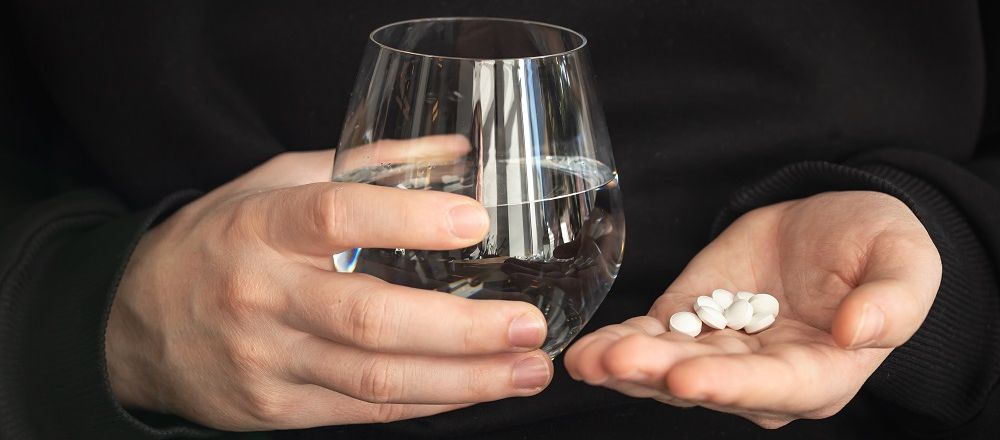Proper nutrition is key to good health. Pair a balanced diet with regular exercise and you will have an immune system that could effectively prevent any illness or infection. Having a regular good Nutritional Diet and exercise are two important factors of a fit body and mind. As the source of our body’s energy comes from a balanced plate of food, nutrition plays an important role in our physical fitness. It is almost impossible to achieve physical fitness without having nutritious food. Food works as the fuel of our body. It has been proven that nutrition can help improve your physical health, performance, and fitness.
What does nutrition do for our body?
For the body to function properly, grow appropriately, and keep healthy, one must consume enough macronutrients (carbs, protein, fat, and water) and micronutrients (vitamins and minerals).
As we have noticed, sweet, processed, fatty, and salted foods drain the body and cannot function properly. On the other hand, consuming fresh and whole-natural meals fuels the body by producing the necessary energy, metabolic activity, chronic disease prevention, general health promotion and well-being.
There are six main groups of essential micronutrients and macronutrients (Proteins, carbs, fats, vitamins, minerals, fibre, and water) that a healthy human body requires to survive.
Proteins
Our body’s immune system and muscles get strength from protein. Protein consists of Amino acids and these acids are essential for our body to function properly. The primary protein sources include lentils, low-fat dairy, almonds, tofu, seeds, chicken, beef, fish, turkey, and other types of meat.
Carbohydrates
Carbohydrates are considered as energy-providing foods. Fitness Care Guide give the body the energy required to function. It accounts for up to 65% of our body’s energy. Due to the ease of conversion into power, it serves as the main fuel source of the body. Good examples of carbohydrate sources are bread, potatoes, cakes, sugar, bananas, pasta, soda, chips, cookies/biscuits, puddings, etc.
Fats
Fat is necessary for maintaining healthy skin and regulating blood pressure. There are two types of fats: saturated and unsaturated. Saturated fats are found in products like butter, cheese, cream, and some chocolates. Some of the unsaturated fats are sunflower, soybean, cardamom, and corn oils.
Vitamins
Vitamins are very essential compounds which play a very crucial role in making proper function of our body. Some of the popular forms are vitamin A, vitamin B, vitamin C, vitamin D, vitamin E, vitamin K, vitamin B-6, and vitamin B-12. We receive most of these vitamins daily and our body naturally tends to produce vitamins like D and K.
Minerals
Similar to vitamins, minerals also play a crucial role in supporting the body. The minerals are necessary for various body functions such as strong, bones, teeth, metabolism regulation, and staying properly hydrated. Calcium, Zinc, and Iron are some of the most familiar minerals.
Water
You can survive several weeks without food, but you cannot last more than a few days without water. It is crucial for every system in the body. Even our body is made of about 62 per cent of water. It improves your brain function and mood. Playing roles of a lubricant and shock absorber in the body, it also helps flush out toxins, hydrate the body, carry nutrients to cells, and prevent constipation.
A mild hydration can make you feel tired and impair your performance. Along with water, fruits and vegetables are also a good source of water.
Takeaway Eating a varied diet full of fruits, veggies, fats, healthy proteins, and whole grains is the best way to grab all these six nutrients for your body. Plan your meals and snacks accordingly.

